If you are a motorcycle rider in the state of Arizona, it is important to be aware of the rules and regulations that govern your activity on two wheels. Does Arizona have a helmet law? What other safety protocols do riders need to follow? In this article, we will provide answers to these questions and more so that you can stay safe and informed while you enjoy your ride.
Table of Contents
What Is Arizona’s Helmet Law?
In Arizona, it is not a legal requirement to wear a helmet while on a motorcycle. However, riders are encouraged to take safety precautions and use common sense when operating their vehicles. Riders aged 18 and over are allowed to ride without helmets unless they have less than one year of experience or have any endorsements listed on their license. So if you meet either of these two criteria, it is highly advisable to wear a helmet at all times. [3]
Arizona’s General Rule for Motorcycle Helmet Use
In Arizona, the general rule is that riders and passengers must wear helmets while riding or operating a motorcycle. This applies to all motorcycles, including mopeds and motor scooters. Riders who are over 18 years of age may choose to not wear a helmet if they meet certain conditions, such as having an appropriate policy of insurance with at least $10,000 of medical coverage. [3]
Are There Exceptions to Arizona’s Helmet Law?
Yes, there are some exceptions to the helmet law in Arizona. Riders 21 and older may ride without a helmet if they have completed a Motorcycle Safety Course approved by the Motor Vehicle Department or have purchased at least $10,000 of medical insurance coverage. Riders under 21 must wear a DOT-approved helmet while riding on any public roadway; this includes passengers.
In addition, riders may sometimes be exempt from wearing a helmet if they are participating in certain motorcycling events such as races or parades. [3]
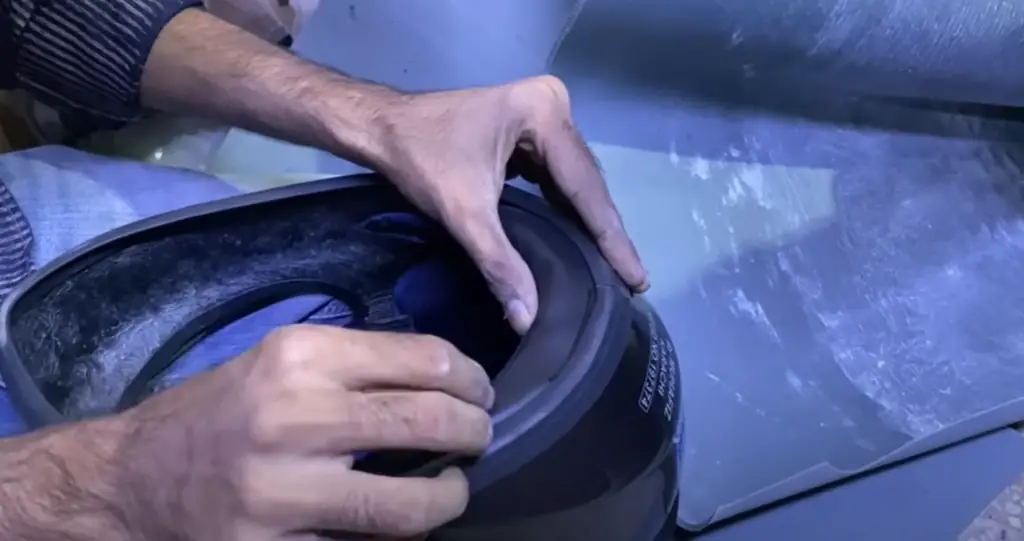
Complying with Arizona’s Insurance Exception
If you want to ride a motorcycle in Arizona, but don’t have a helmet, you may be able to use the insurance exception. To do so, you must purchase an insurance policy with at least $10,000 of medical expenses coverage for injury resulting from a motorcycle accident. You must also carry proof of the policy while riding your motorcycle.
The insurance exception applies only to those aged 18 and over – it does not apply to minors. It is important to note that having insurance coverage does not waive any responsibility for injury if you are involved in an accident on a motorcycle without a helmet. Insurance coverage may also be required by law in some Arizona cities or counties, so be sure to check your local laws before riding. [1]
When Did Arizona Repeal Its Helmet Law?
In April of 2018, Arizona officially repealed its mandatory helmet law for riders over the age of 18. The repeal was part of a larger bill that modified motorcycle laws in the state and had been in the works since 2017.
With this move, Arizona joined just three other states (Illinois, Iowa, and New Hampshire) who have no motorcycle helmet law for riders over 18. [2]
Is Arizona’s Helmet Law Constitutional?
Under the 10th Amendment to the United States Constitution, states retain all powers not delegated to the federal government. As such, states are able to pass laws that impact public safety and welfare. In Arizona, this power has been used by state lawmakers to enact a universal motorcycle helmet law that applies to riders of all ages. [3]
Is Eye Protection Required for Motorcyclists in Arizona?
In Arizona, eye protection is not a mandatory requirement for motorcyclists. However, it’s still a good idea to wear protective eyewear when riding in the state. Not only does it help keep dust and dirt out of your eyes, but it can also provide some additional protection in case you’re involved in an accident or thrown from your bike.
If you choose to wear eyewear while riding, make sure it is approved by the Department of Transportation (DOT). This will ensure that it meets all the necessary safety standards and offers sufficient protection for your eyes. You should also look for lenses with UV protection, which can help reduce eye strain on sunny days. [2]
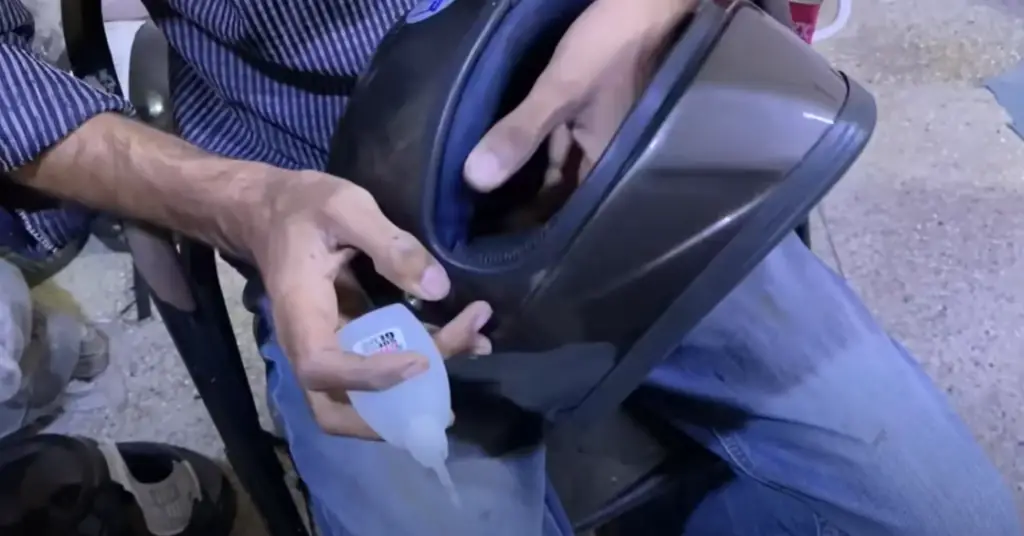
What Is the Penalty for Operating a Without a Helmet in Arizona?
In Arizona, there is no mandatory helmet law for riders of any age. This means that adults and children alike can ride without a helmet if they choose to do so. However, even though wearing a helmet is not required by law in Arizona, the consequences of operating a motorcycle without one could be quite severe.
If you are found to be operating a motorcycle without a helmet, you could face a fine of up to $250. Additionally, you may also have points added to your driving record if you are caught riding without a helmet. This could cause your insurance premiums to increase and possibly even result in the suspension or revocation of your driver’s license. [2]
Arizona Helmet Laws and Car Accident Compensation
If you’re an Arizona resident, rider, or visitor and wondering whether you need to wear a helmet when riding your motorcycle – the answer is yes. Arizona has a mandatory helmet law in place for anyone operating or riding on any type of two (or three) wheeled motorized vehicle. The law applies to everyone; of any age.
Not only is it important to wear a helmet for your own safety, but it can also help you if you’re injured in an accident. If you’re ever involved in a car accident, the fact that you were wearing a helmet could be used as evidence of your mitigating circumstances when pursuing compensation for damages or medical bills. [2]
Comparative Negligence and Motorcycle Accidents
When it comes to motorcycle accidents in Arizona, the law takes into account a concept called comparative negligence. This means that each party involved in an accident is assigned a degree of fault based on their actions and how they contributed to the accident. For example, if one driver ran a stop sign while another was speeding, both drivers may be considered partially at fault for the accident.
In this situation, if a motorcyclist is found to be partially responsible for an accident, their damages may be reduced by the amount that they are deemed to be at fault. This can significantly reduce the amount of compensation they are entitled to receive from other parties involved in the accident. [2]
Not Wearing a Helmet and Claiming Compensation
If you are injured while riding a motorcycle without a helmet, you may be able to claim compensation if the accident was someone else’s fault. However, your ability to make a successful claim can be significantly reduced if it is proven that not wearing a helmet played a part in causing or contributing to the level of your injuries.
It is important to be aware of this if you are considering not wearing a helmet while riding in Arizona. The state laws may not require you to wear a helmet, but they do make it clear that failing to wear one can have consequences if an accident occurs and results in injury or death. [1]
Do Motorcycle Helmets Save Lives?
Motorcycle riders who wear helmets are far less likely to suffer a fatal head injury than those who don’t. That’s why many states have helmet laws that require motorcyclists to wear them, and some even require passengers to use them as well. [1]

Reasons to Always Wear a Helmet
No matter where you live, it is always a good idea to wear a helmet when riding a bike. Even if there is no law in your state requiring helmet use, wearing a helmet can help protect you from serious injury and even death. Here are some reasons why you should always wear a helmet:
- Safety: Helmets protect the head and brain from injuries resulting from falls, collisions, or other accidents. Wearing a helmet greatly reduces your risk of a serious or fatal injury while riding a bike.
- Comfort: Bicycle helmets are designed to be comfortable and lightweight so you can wear them without discomfort.
- Visibility: Many helmets have reflective surfaces that help make you more visible to drivers and other cyclists when riding at night.
- Durability: Bicycle helmets are made from tough, durable materials which can withstand the wear and tear of biking. [1]
Enforcement of Arizona’s Helmet Law
In Arizona, the law requires that all riders wear helmets when on a motorcycle, moped, scooter or any other two-or three-wheeled motor vehicle. In addition, passengers under 18 years of age must also wear a helmet that meets the federal safety standards. The law is enforced by police officers and failure to comply can result in a fine and/or points on your driver’s license.
For safety reasons, it is important to always wear a helmet when riding any type of motor vehicle. Wearing a helmet can significantly decrease the risk of head or neck injuries in the event of an accident. [1]
What You Need to Know About Helmet Laws for Children
When it comes to riding a bicycle, skateboard, scooter or other wheeled device, it’s important for children (and adults) to protect their head and brain by wearing an approved helmet. In the state of Arizona, there are helmet laws that apply specifically to minors under the age of 18 that are designed to help protect them while they ride.
Under Arizona’s helmet law, minors under 18 must wear an approved bicycle helmet when riding, operating or riding as a passenger on a bicycle, tricycle, scooter or skateboard. If a minor is caught not wearing an approved helmet while riding these vehicles then the parent can be fined up to $50. [1]
Vehicles to Which the Motorcycle Helmet Laws Do Not Apply
In Arizona, you are not required to wear a helmet while operating the following vehicles:
- Off-road motorcycles
- Autocycles (3 wheeled motorcycles)
- Mopeds
However, it is important to note that anyone under the age of 18 is required to wear a helmet while riding any type of motorcycle, including the ones listed above.
It is also important to remember that if you are riding a motorcycle in Arizona, regardless of your age, you are still required to have eye protection. This can be in the form of goggles or a face shield attached to your helmet. [1]
What Is The Difference Between Certified And Non-Certified Helmets?
A certified helmet is one that meets the standards set by the Department of Transportation (DOT). The DOT requires all helmets sold in the United States to meet certain criteria, including a minimum level of impact absorption and protection. A non-certified helmet lacks the same safety features and may not provide adequate protection when riding a motorcycle or bicycle. [3]
Who Is Liable In A Motorcycle Accident?
If you’ve been in a motorcycle accident, it’s important to consider all of your options for legal recourse. The first step is to understand who may bear liability for the accident.
In Arizona, both individuals and entities can be held liable for the damages caused by a motorcycle accident. Depending on the situation, some of those responsible may include:
- The motorcycle rider – Depending on the circumstances, the motorcyclist may be held liable for any damages caused to another person or property.
- Another driver – If another driver (of a car, truck, bus, etc.) is found to be at fault for the accident, they can be held responsible for the damages.
- The motorcycle manufacturer – If a defective part or vehicle caused the accident, the manufacturer may be liable to pay for any injuries or property damage.
- Road maintenance teams – Negligent road conditions can lead to accidents. If such is the case, then road maintenance crews and/or government entities responsible for the roads may be held liable.
- Insurance companies – Depending on the insurance policy, insurance companies can cover some or all of the damages caused by the accident.[3]

Is Choosing Not To Wear A Helmet Considered Negligence?
Arizona does not have a helmet law, meaning that it is not illegal to ride a motorcycle without wearing a helmet. However, this doesn’t mean that choosing not to wear a helmet is free from consequences. If you are injured in an accident and found to be negligent by failing to wear a motorcycle helmet, you may face liability for your own injuries, meaning that you may not be able to collect compensation from the other party. [3]
Are Helmets Effective In Preventing Injuries?
Yes, helmets are effective in preventing injuries. Studies show that wearing a helmet dramatically reduces the risk of head injury and death in motorcycle accidents. According to the National Highway Traffic Safety Administration (NHTSA), helmets are estimated to be 37% effective in preventing fatal injuries for motorcycle riders and 41% for motorcycle passengers. Wearing a helmet also reduces the risk of nonfatal injuries, such as facial lacerations, fractures, and concussion. The NHTSA estimates that helmets are 67% effective in preventing these types of injuries. [1]
Other Ways To Prevent Motorcycle Injuries
In addition to wearing a helmet, there are other ways to stay safe while on the motorcycle. Here are some tips to help you:
- Always wear protective gear, such as gloves and boots, when riding.
- Ride defensively. Be aware of your surroundings and be prepared for sudden changes in speed or direction by other drivers.
- Make sure your motorcycle is in good condition and has the right tires, brakes, mirrors, etc., before each ride.
- Keep your speed down. The faster you go, the more difficult it is to control the bike and the greater chance of an accident.
- Avoid riding in adverse conditions, such as at night or in the rain.
- Do not drink and ride. Alcohol impairs your judgment and can lead to accidents. [1]
FAQ
Are bike helmets required in Arizona?
In Arizona, there is no statewide law requiring bicycle riders to wear helmets. However, individual cities may have ordinances or rules that require bicyclists of certain ages to wear helmets. Be sure to check with your local city government to see if any helmet laws are in place where you live.
Which US states do not require motorcycle helmets?
Currently, 19 states have no helmet requirements for motorcyclists: Alaska, Arizona, Arkansas, Idaho, Iowa, Kansas, Louisiana, Maine, Mississippi, Montana, Nebraska, Nevada, New Hampshire, North Dakota, Ohio, South Dakota*, South Carolina** , Vermont and Wyoming.
Does Arizona have a dead red law?
Yes, Arizona has a dead red law. The law allows motorists to cautiously proceed through a red light if the signal fails to change after two cycles of the traffic-control device. Drivers must make sure that the intersection is clear before proceeding and be aware that other drivers may not be expecting them to go through the intersection.

Is it legal to lane split in AZ?
No, it is not legal to lane split in Arizona. Lane-splitting or lane-sharing is when a motorcycle or scooter driver drives between two lanes of traffic moving in the same direction. This practice is not allowed in Arizona and can land you in trouble with law enforcement if you’re caught doing it.
Can you block your own driveway in Arizona?
No, parking on your own property is generally not allowed in Arizona. Parking on a public street or highway for more than two hours (without permission from the local traffic authority) is prohibited by state law. Additionally, blocking access to any driveway, alleyway, or other roadway is illegal and punishable by fines.
Useful Video: Arizona Helmet Law
Conclusion
In conclusion, if you plan on riding a motorcycle in Arizona, it is important to understand the laws that are in place regarding the use of helmets. Generally speaking, those under the age of 18 must wear a helmet when operating or riding as a passenger on a motorcycle. Additionally, all individuals must wear eye protection while operating or riding as a passenger on a motorcycle. It is important to always wear the appropriate safety equipment while operating or riding as a passenger on a motorcycle, regardless of your age. Even though Arizona does not have an all-encompassing helmet law, it is in your best interest to always stay safe and follow the laws that are in place.
We hope this article has provided you with a better understanding of the helmet law in Arizona. Thank you for taking the time to learn more about motorcycle safety and the laws that are in place when riding a motorcycle within Arizona!
Stay safe and enjoy your ride!
References:
- https://www.phillipslaw.com/motorcycle-accident-lawyer/helmet-laws/
- https://www.oasisinsurance.com/blog/arizona-motorcycle-helmet/
- https://lernerandrowe.com/arizona-motorcycle-helmet-laws/

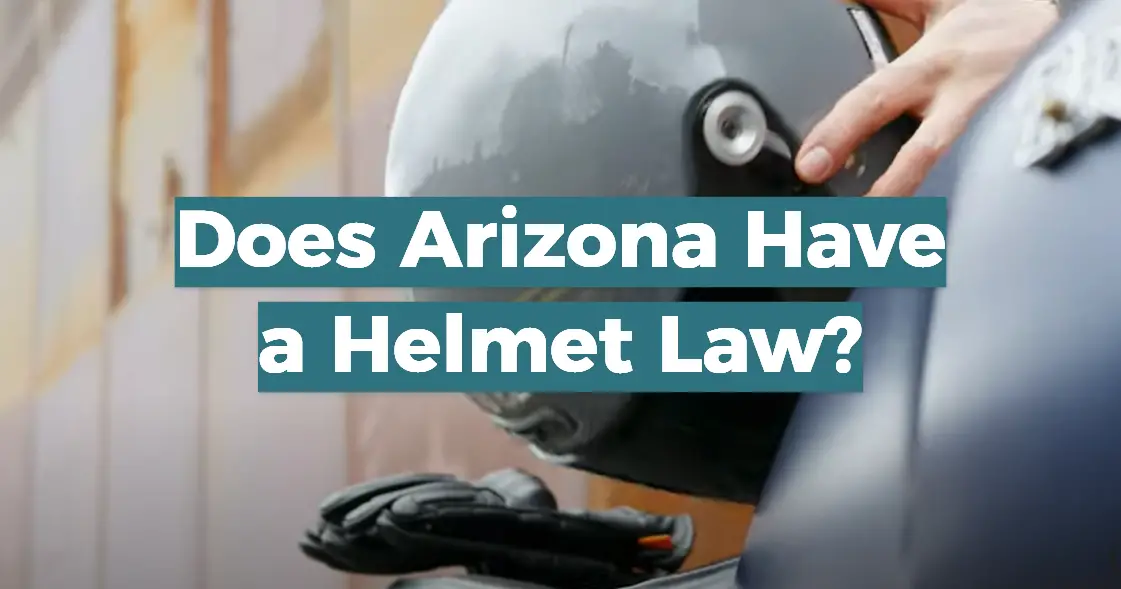
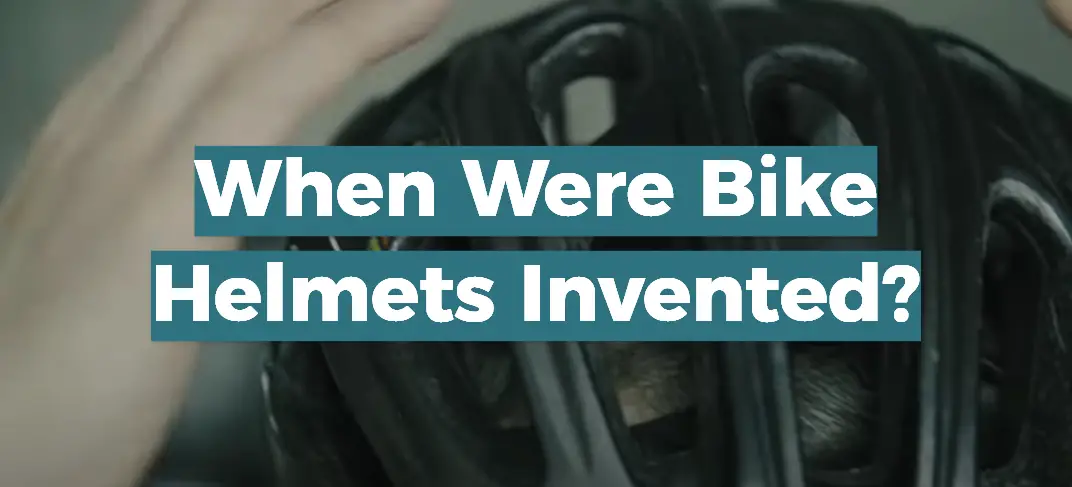
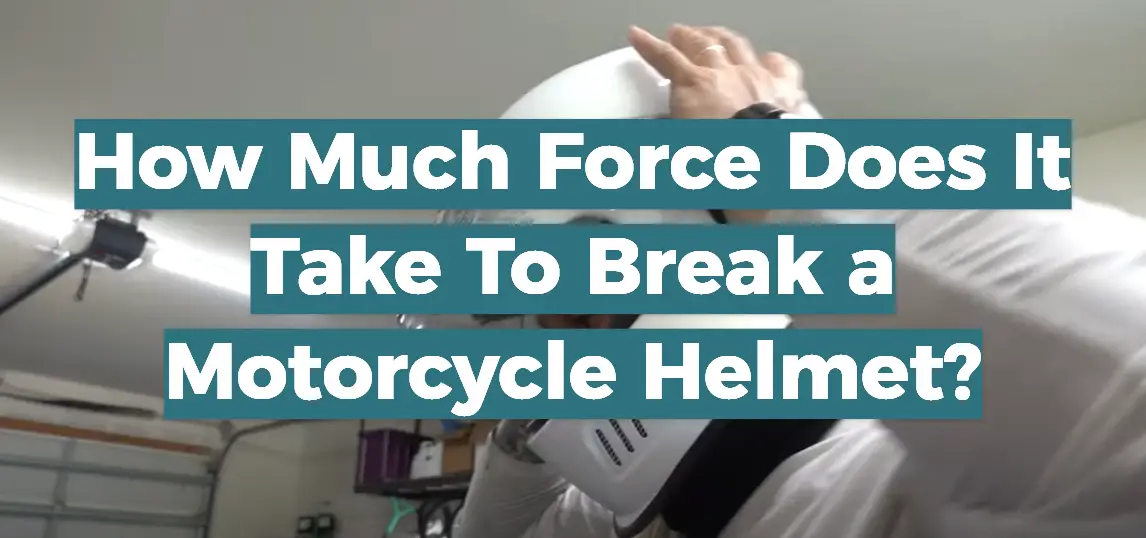
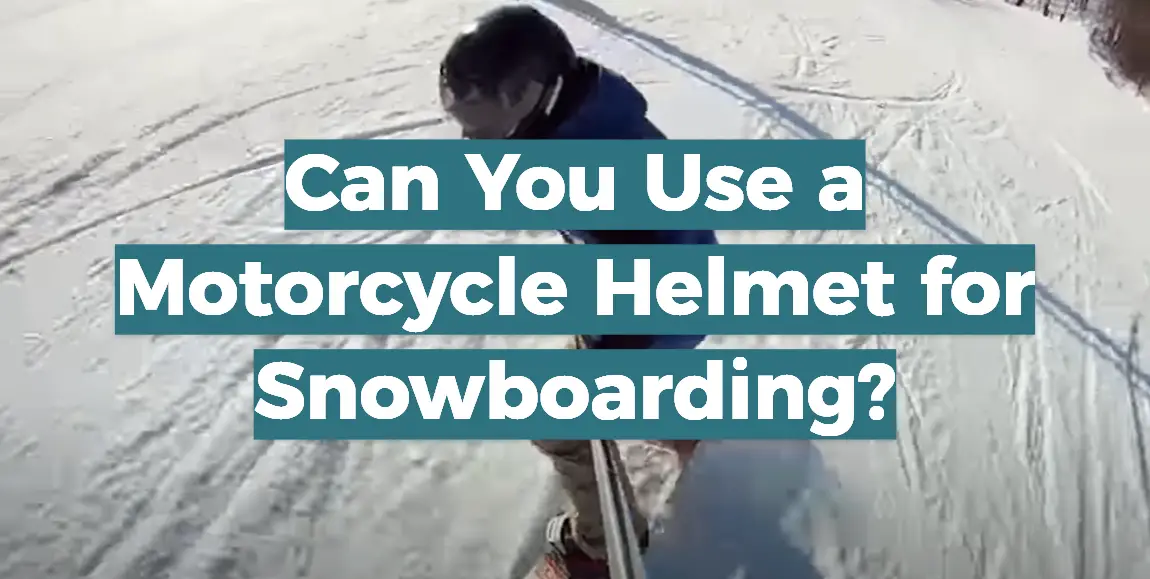
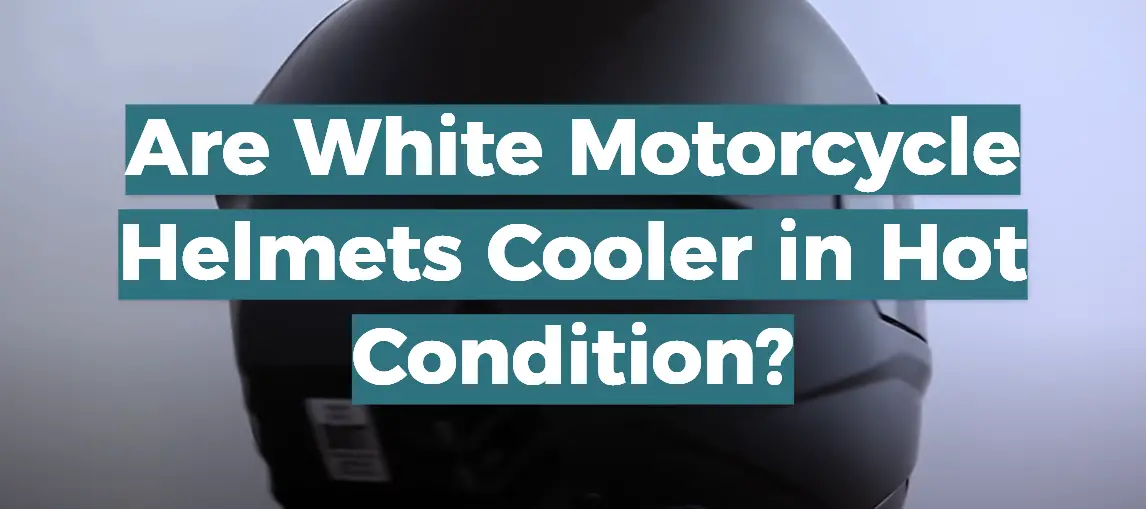
Leave a Reply